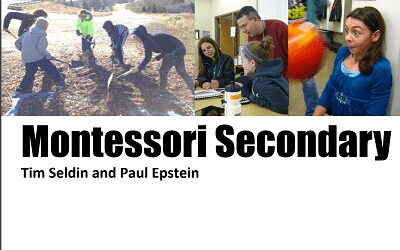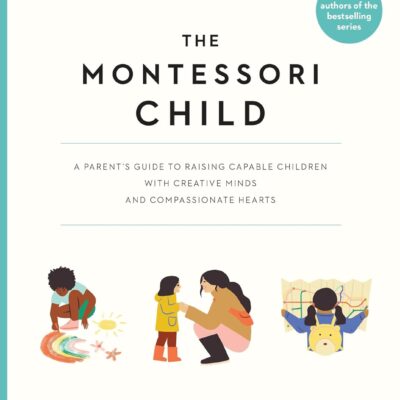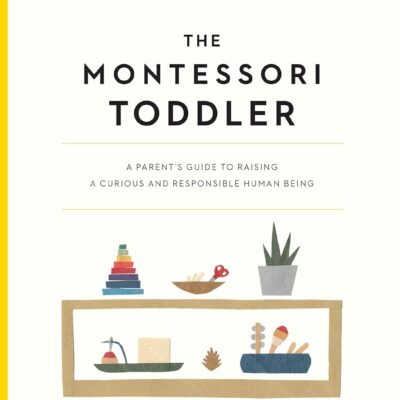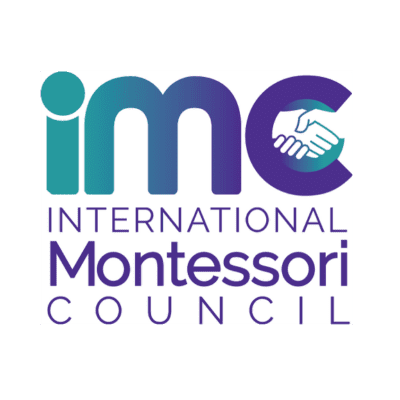Social Justice update: The season of Non-Violence
“The worst form of justice,” Plato said, “is pretended justice.”
In December, we watched the footsteps of an attempt at restoration of justice and the rewriting of history, as the Louisiana state board of pardons unanimously voted to pardon Homer Adolph Plessy (posthumously) for his conviction of sitting in the “whites-only” section of a railroad car. Governor John Bel Edwards has agreed to sign the pardon, which may have occurred by the reading of this article.
Although a pardon is not an expungement, this work represents a step toward calling out the need for justice.
“True peace… suggests the triumph of justice and love among men; it reveals the existence of a better world where harmony reigns” (Montessori, Peace and Education).
Learning about new and uncovered history is true preparation for the teacher, as we take on this task of THI (Teaching with Historical Integrity). The position of Homer Plessy as a man of courage is not to be missed in telling his story. He was not a convict but was a man of courage who, although he could have moved through life as a White looking man, chose to stand up for the rights and freedoms of others. This is the lesson for children to learn – that regardless of the derogatory situations that have occurred in history, there have also been people who have stood up for what is right. Plessy and the Citizens’ Committee of New Orleans prepared themselves for this courageous stand. Everything that the Committee had organized occurred as planned, except for the decision of the Supreme Court in 1896. The loss of the Supreme Court case of Plessy vs. Ferguson resulted in many unjust “separate, but equal” laws that exacerbated segregation and discrimination. The pardon of Plessy, some 125 years later, tells us that justice is not always exacted as it should be, but as Montessori stated, “the triumph of justice… reveals the existence of a better world where harmony reigns.”
Peaceful Bookends
Montessorians appreciated the International Day of Peace in September. We now appreciate historical moments: the work in October to expunge the record of Claudette Colvin (predecessor of Rosa Parks), the Board of Pardons’ decision about Plessy, and the awaited Governor’s signature in January. We encourage you to consider these bookends and interior historical parts leading to the Season for Nonviolence, which begins on January 30th and ends on April 4th. The Gandhi Institute writes:
“The Season, launched at the United Nations in 1998, marks the annual 64 calendar days between the memorial anniversary of the assassination of Mohandas K. Gandhi on January 30 and that of the Rev. Dr. Martin Luther King, Jr. on April 4. The Season teaches that every person can move the world forward in the direction of peace through daily nonviolent choices and actions.” Some cities include a day of community service and a word of the day to be discussed in schools, City meetings, and organizational forums. If you would like a list of Season of Nonviolence words, please contact Cindy Acker at office@thechildunique.org.
The SFNV site includes a Nonviolence Pledge, suggested readings, and many resources, including suggested daily practices for each of the 64 days during this Season of Nonviolence, such as: “Today: I will share a sincere smile with everyone I meet, knowing that my smile contributes to peace.” For more information, please see: Season for Nonviolence https://gandhiinstitute.org/season-for-nonviolence/
Additionally, we invite your students to answer one of these questions for the Season of Nonviolence:
1) What dream do you think Martin Luther King had for the world? (early childhood)
2) How do you practice peace like Gandhi? (lower elementary)
3) How are the peace beliefs of Montessori, King, Jr, and Gandhi similar? (upper elementary)
Feel free to send them to: imc@montessori.org


It was mid-2020, the whole world was in shock after watching the gruelling videos of George Floyd as well as the social outcry that followed his death. As we watched the events unfold, we decided, as Montessori leaders, we had to do something. Our duty was to provide a safe space, to have the tough conversations, and provide resources that guides needed to support their community. We reached out to our IMC Board Member, Cindy Acker to find guidance in these unbelievably difficult times. After over 1.5 years of efforts we are happy to announce the creation of the Dr. Cindy Acker Social Justice Fund that will hopefully support schools across the country in creating a more inclusive, empathetic world.

In Dr. Acker’s words… our journey
We began with a Town Hall for a few weeks to open up conversations with Montessorians on social justice and racism. However, we didn’t know what we didn’t know. And we discovered that there was a lot that we needed to learn. It was hard work, and it still is. We discovered that social justice work is deep living work, and it is ongoing. One week of Town Hall became four weeks, and we recently celebrated 1.5 years of Montessori Town Halls on various aspects of this subject. We learned where the term “race” originated, how education was a tool for oppression and discrimination, how racism manifests itself in schools. AND we learned that we can replace shame with strength, and how now more than ever, we need to refresh our classrooms with a new insight on history. We learned that we must roll out Montessori teachers who are giving children the service of knowing about other cultures. And we learned that that work is NOT singing some songs and engaging in some celebrations.
So, our work has been:
• Our series of Town Halls – now involves preparation of curriculum
• We partnered with AMS in a BLM rally
• We created a tool for the IMC board to examine the association for proper social justice practice
• We partnered with Dr. Ayize Sabater (AMI-USA) and WPFW and presented a piece on Critical Race Theory
• IMC created a Social Justice Task Force
• IMC hosted the showing of a play about the landmark court case of desegregation of schools, entitled, Words That Made the Difference, written and directed by Dr. Cindy Acker
• Kathy Leitch engaged a teacher education task force and reached out to MACTE to discover what changes can be made in teacher education as well as IMC Teacher Education Guidelines and Requirements
• Tim Seldin is planning a rewrite of his Celebrations of Life book • We created the beginnings of sub-committees for the social justice task force
• We began responding to schools needing support via workshops or feedback
• We created a book list of books addressing race, gender, sexual orientation, ability
• Partner with AMS: Teacher workbook on social justice in Montessori classroom (Rise Up!)
• Center for Guided Montessori Studies (IMC) committed resources and support for teacher education for Syrian refugees in Jordan, Turkey, and Egypt
• Center for Guided Montessori Studies (IMC) awarded scholarships to several aspiring Montessori educators of color
• Tim Seldin supported the efforts and provided the resources to Association of Montessori Afrika to help make their conference dream a reality
What your donations will provide…
• Creating updated materials and activities
• Bookstores that fund books for schools
• Professional development for classroom guides





